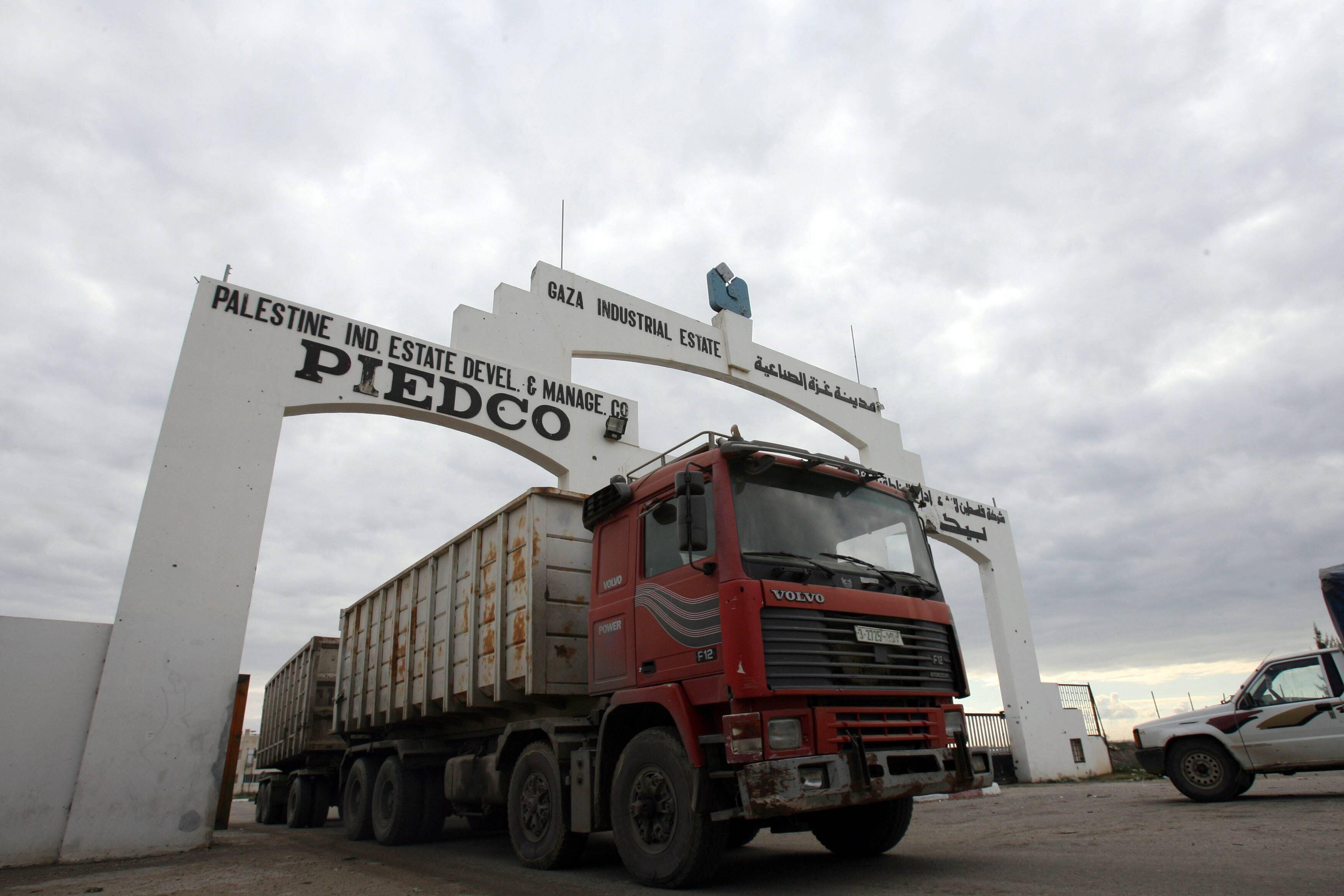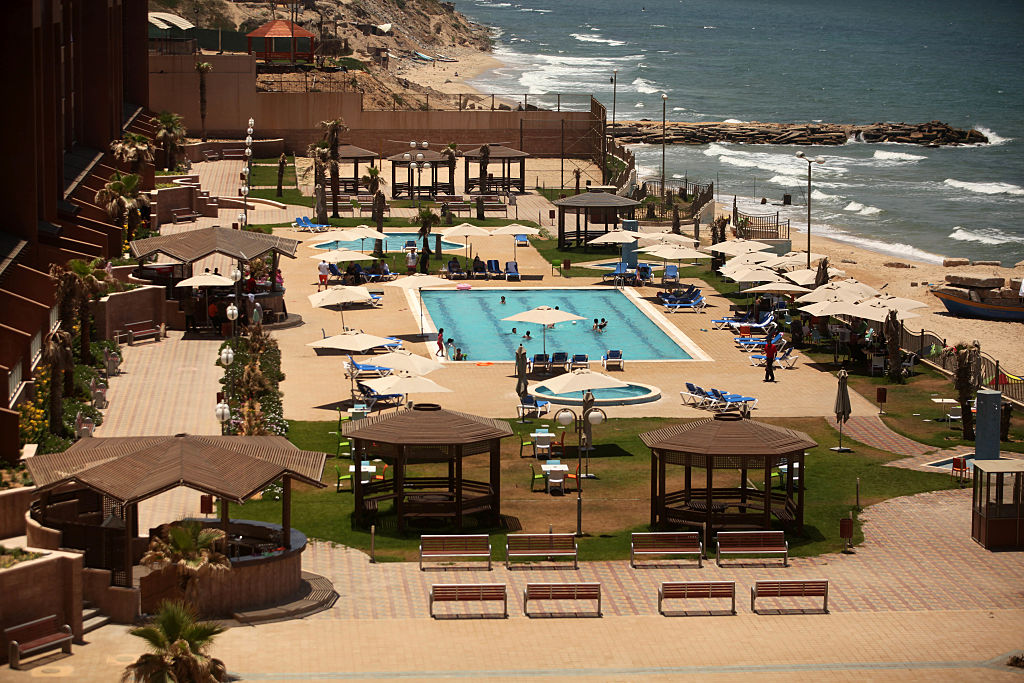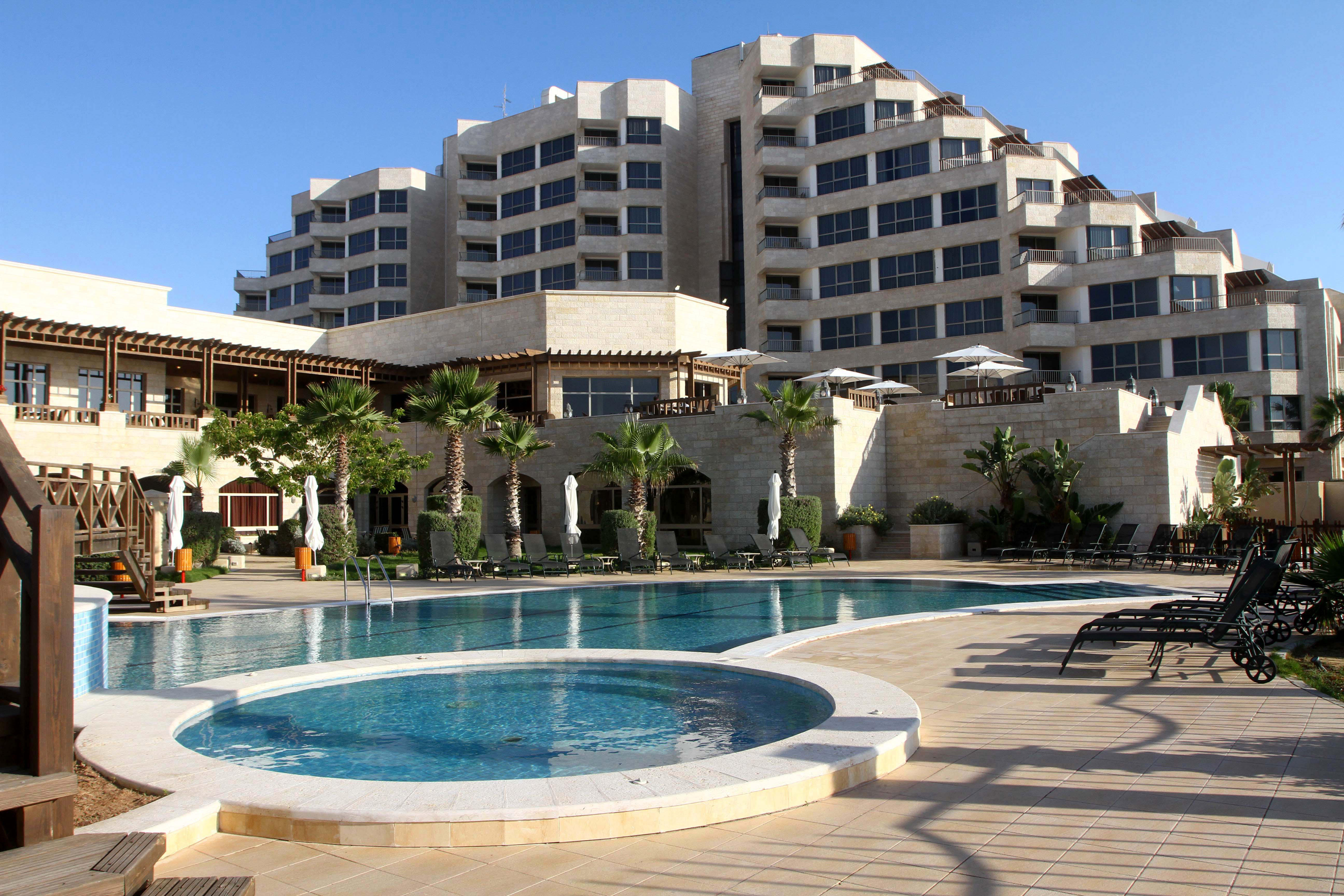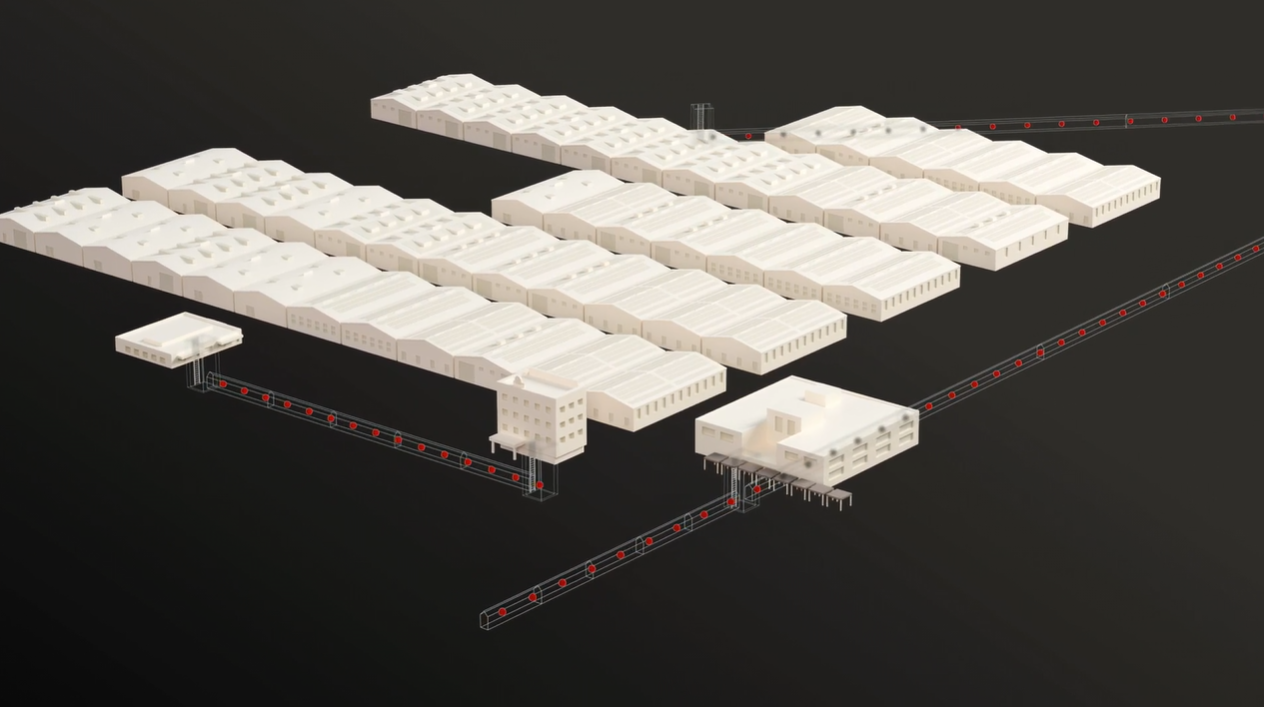Together with an experienced team of leading U.S. law firms, Osen LLC represents families of American victims of the October 7, 2023, atrocities committed by Hamas, Palestinian Islamic Jihad (“PIJ”), and the Popular Front for the Liberation of Palestine (“PFLP”), as well as the families of American citizens serving in the Israel Defense Forces who have been killed or injured by those terrorist groups and Hezbollah during the ensuing conflict (the “October 7 Attack”).
Those families have filed three groundbreaking lawsuits: Shalom v. Masri — brought under the Justice Against Sponsors of Terrorism Act (“JASTA”) amendment to the Anti-Terrorism Act (“ATA”) against Palestinian billionaire Bashar Masri and various corporations he controls; Balva v. Binance Holdings Ltd. — also brought under JASTA against the cryptocurrency exchange; and Weiser v. Iran — brought under the Foreign Sovereign Immunities Act (“FSIA”) against the Islamic Republic of Iran and its Islamic Revolutionary Guard Corps (“IRGC”) for their central role in providing substantial material support to Hamas, PIJ, the PFLP, and Hezbollah, all U.S.-designated Foreign Terrorist Organizations (“FTOs”). The lawsuit also includes claims brought under JASTA and the ATA against those four FTOs.
The Shalom complaint alleges that the defendants, Bashar Masri, a Palestinian-American investor, and several companies he controls, knowingly assisted, provided material support to, and conspired with Hamas by:
- Developing Properties Used by Hamas for Terrorism: The defendants owned and operated three key properties in Gaza that were integral to Hamas’s terrorist infrastructure:
- Gaza Industrial Estate (GIE): A 480,000 square meter industrial park near the Israeli border, funded by USAID, that allegedly concealed Hamas attack tunnels used on October 7.

- Blue Beach Hotel: A luxury hotel that allegedly contained a network of Hamas attack tunnels beneath it and built into the hotel itself, accessible through at least 7 entrance shafts on the premises.

- Al Mashtal Hotel (rebranded Ayan Hotel): Another luxury hotel that allegedly contained Hamas tunnel infrastructure used to launch rockets at Israel.

- Gaza Industrial Estate (GIE): A 480,000 square meter industrial park near the Israeli border, funded by USAID, that allegedly concealed Hamas attack tunnels used on October 7.
- Directly Collaborating with Hamas Officials: The complaint alleges multiple instances where Masri and his companies worked collaboratively with Hamas, including a May 2022 ceremony where Masri presided over execution of a joint venture agreement with Hamas to rebuild parts of the GIE, providing Hamas crucial access to and participation in the design of the renovated GIE.
- Providing Electricity to Hamas Tunnels: The solar power systems installed on the defendants’ properties, partially financed by international donors including the World Bank’s International Finance Corporation, provided electricity to Hamas’s tunnel networks beneath the GIE.
- Concealing Tunnel Construction: The defendants allegedly used construction projects to conceal Hamas’s excavation of attack tunnels beneath their properties.

Tunnel complex (shown in red dots) beneath the Gaza Industrial Estate
Balva v. Binance Holdings Ltd.
The Balva complaint alleges that Binance, the giant cryptocurrency exchange, knowingly, willfully, and systematically assisted Hamas, the IRGC, Hezbollah, PIJ, and other terrorist groups to transfer and conceal the equivalent of hundreds of millions of U.S. dollars both before and after the October 7 Attacks.
For example, according to the lawsuit, Binance facilitated cryptocurrency transactions worth at least $240 million U.S. dollars for BuyCash—a Gaza-based money-services entity designated as a Specially Designated Global Terrorist by the U.S. Department of Treasury for assisting Hamas—in the years leading up to October 7, 2023. Binance also allegedly facilitated cryptocurrency transactions worth at least $22 million U.S. dollars for Dubai Co.—a Gaza-based exchange house designated by Israel as a terrorist organization for sending tens of millions of dollars annually to Hamas’s terror apparatus, the Izz al-Din al-Qassam Brigades—in the years leading up to October 7, 2023. Since October 7, 2023, Binance allegedly facilitated additional cryptocurrency transactions worth at least $26 million U.S. dollars for Dubai Co.
The Weiser complaint provides a detailed and compelling description of Iran’s massive support for terrorism and its assembly of these four FTOs, along with the Houthis, into what it calls an “Axis of Resistance” and “Ring of Fire” committed to the State of Israel’s destruction. The complaint describes Iran’s terrorist infrastructure since the 1979 Islamic Revolution, including its use of the IRGC and the IRGC’s Quds Force, the IRGC division operating outside of Iran. The complaint also describes the origins and terrorist activities of the four FTOs and the Houthis as well as the material support that they received from Iran. Finally, the complaint describes the horrific acts perpetrated by Hamas and its collaborators on and after October 7, including how they relate to the plaintiffs.
Supported by significant documentation, including documents seized in Gaza and not previously revealed publicly, the lawsuit reveals:
- Iran and the IRGC’s key role in coordinating Hamas and Hezbollah in preparation for the October 7 Attack, including the timing and location of key planning meetings in Lebanon that the IRGC oversaw, in which senior Hamas and Hezbollah leaders and operatives finalized the details for the attack.
- A list of clandestine payments from the IRGC to Hamas leader Yahya Sinwar’s personal discretionary fund for terrorism made from 2014 to 2020.
- Sinwar’s request for an additional $7 million per month from the IRGC to fund the “Big Project” that became the October 7 Attack.
Iran (including the IRGC) almost never defends itself in American courts (it “defaults”), and it is therefore relatively easy to obtain a judgment against it. However, enforcing a judgment against a State Sponsor of Terrorism like Iran is very difficult because it has few if any assets in the United States. Most claimants file their judgments with the U.S. Victims of State Sponsored Terrorism Fund which is currently open until 2039. The fund, however, only pays out small percentages of the compensatory (rather than punitive) damages components of judgments. It makes these payments approximately every two years.
Unlike FSIA cases, corporate defendants almost always appear in JASTA lawsuits and hire large law firms to defend them. JASTA cases are very hard fought, complex, take a great deal of time and resources to litigate, and require highly specialized expertise. That said, judgments in JASTA cases are much larger than in FSIA cases, are easier to actually collect, and have a greater impact on impeding and deterring the flow of funds to terrorist organizations.
****
Osen LLC litigates more active JASTA cases involving Hamas terrorism than any other law firm in the United States and has a 20-year track record of building cases that target Hamas’s financial infrastructure. For example, the firm served as co-lead counsel in Linde v. Arab Bank, PLC, which led to the first civil terror financing trial against a financial institution under the ATA. After a six-week trial, a jury found Arab Bank liable for 24 terrorist attacks committed by Hamas, and the case later settled for an undisclosed sum. The firm also serves as lead counsel in Bartlett v. Société Générale De Banque Au Liban Sal, the leading Hezbollah terror financing case brought under JASTA, and as counsel in multiple Hamas and al-Qaeda financing cases pending in federal courts in New York.



